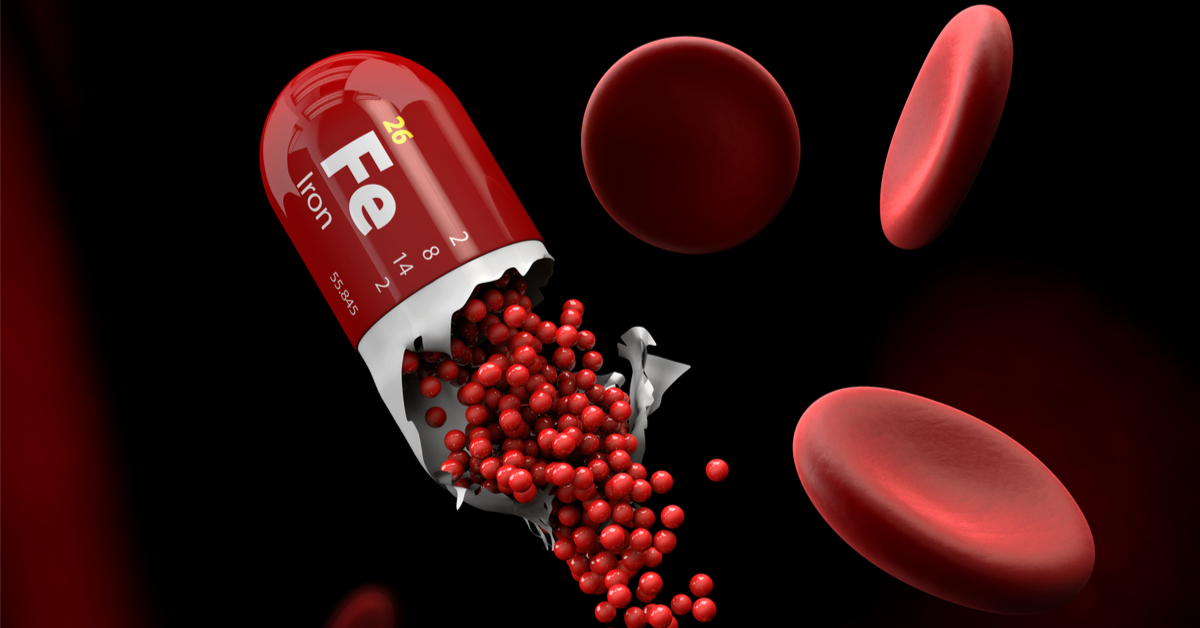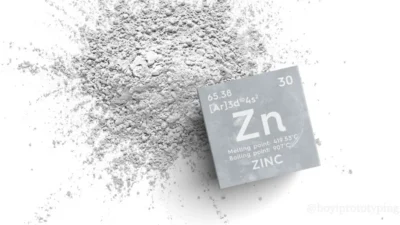Iron is one of the essential nutrients for human health. Having an adequate amount of iron in the body is crucial for vital functions such as oxygen transport in the blood and promoting cell growth. If the body becomes deficient in this vital nutrient, a condition known as iron deficiency may arise.
Causes of Iron Deficiency:
- Lack of iron in the diet: Not consuming enough iron-rich foods such as red meat and spinach.
- Chronic blood loss: Such as heavy menstrual periods or gastrointestinal issues.
- Pregnancy and breastfeeding: Iron needs increase significantly during pregnancy and nursing.
- Malabsorption disorders: Diseases like hepatic anemia or intestinal inflammation can affect iron absorption.
Symptoms of Iron Deficiency:
- Anemia: Severe iron deficiency can lead to anemia, causing extreme fatigue and weakness.
- Weakened immune system: Iron deficiency may make the body more susceptible to infections.
- Cognitive and concentration issues: Difficulty concentrating and reduced mental performance may occur.
- Changes in hair and skin: Skin may become pale, and hair may become brittle and dry.
- Digestive changes: Symptoms such as constipation and appetite changes can appear.
Prevention of Iron Deficiency:
- Consume a balanced, iron-rich diet: Include foods such as meats, whole grains, and legumes.
- Eat foods high in vitamin C: These enhance iron absorption in the body.
- Regular check-ups: Consult your doctor regularly to monitor your iron levels and assess individual needs.
In conclusion, it’s important to monitor iron levels in the body and take preventive measures to avoid iron deficiency. If you experience any of the symptoms mentioned above, it’s best to consult a healthcare provider for proper diagnosis and treatment.




